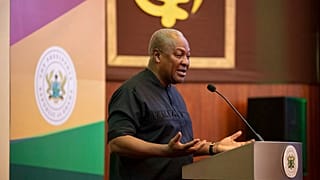France
Prosecutors in the trial of two former Rwandan mayors standing trial in France for their roles in the country’s 1994 genocide, have called for life sentences for the accused persons.
Octavian Ngenzi, 58 and Tito Barahira 65 are accused of orchestrating and taking part in the mass killings of Tutsi refugees and moderate Hutus who had sought shelter in a church in Kabarondo on April 13, 1994.
Barahira is accused of organizing and leading a meeting that planned the massacres.
Both men have been charged with genocide and crimes against humanity but they have however denied any involvement in the genocide.
Barahira was arrested in 2013 near the southwestern French city of Toulouse whiles Ngenzi was arrested in 2010 in Mayotte, a French territory in the Indian Ocean, where he had reportedly requested asylum using a fake identity.
Both men have been in French custody since their arrests. They were sentenced in absentia to life in prison by Rwandan people’s courts, known as gacaca courts, in 2009.
The two men are being tried in France because the United Nations has granted countries around the world jurisdiction over crimes related to the 1994 genocide when the perpetrators are arrested on their national territory.
Theirs is thus the second in France against former Rwandan officials suspected of having played roles in the genocide.
Pascal Simbikangwa, a former Rwandan intelligence officer was the first former official to be handed a jail term by a French court in 2014 for complicity in the genocide and for crimes against humanity. He was sentenced to 25 years, a sentence he has appealed.
About 800,000 people, mostly Tutsis, were killed in Rwanda in 100 days from April to July 1994.











01:00
South Africa's finance minister slams Trump's genocide claims ahead of G20
01:10
Cameroon updates deaths in post-election protests to 16
01:13
Gabon: Sylvia and Noureddin Bongo sentenced to 20 years in jail for embezzlement
01:13
Britain and South Africa hand back Ghanaian royal artefacts
01:06
Gabon: Wife and son of former president Ali Bongo face corruption trial
00:57
Boeing settles with families of three 737 MAX crash victims